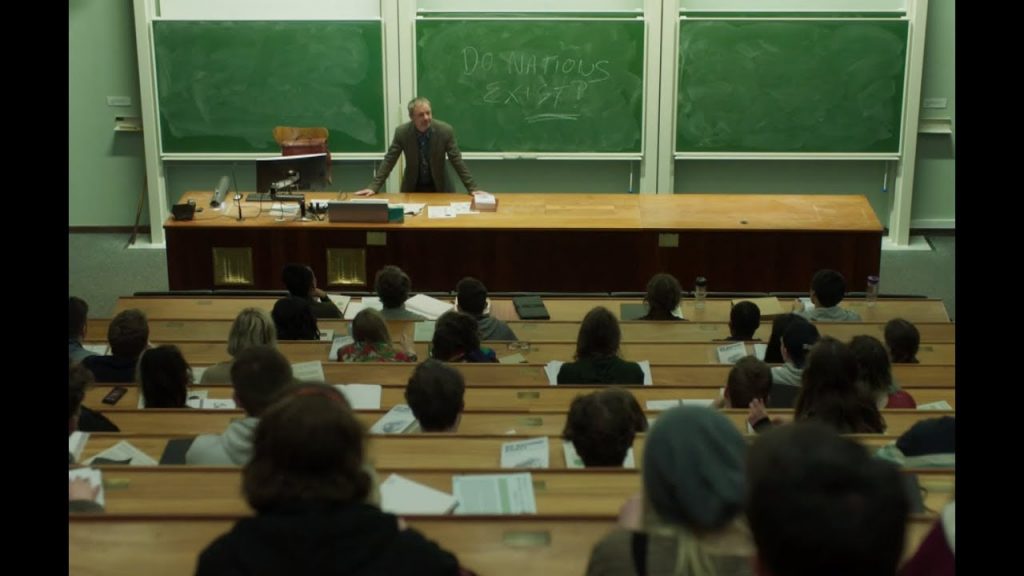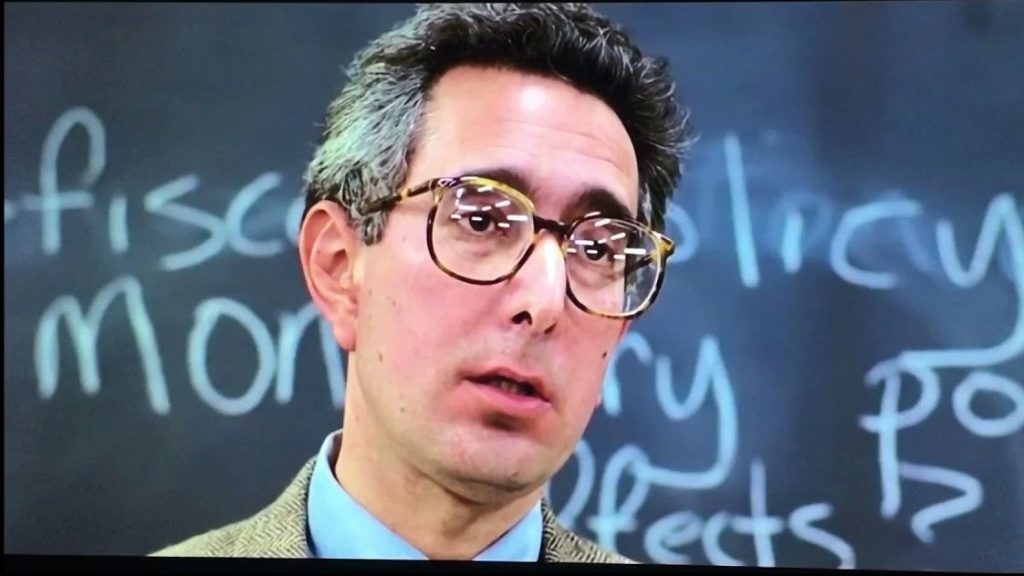Professor Punished For Refusing To Grade Students Based On Race
A University punished a professor when he refused to show leniency and grade students by their race instead of performance.

Professor Gordon Klein was an accounting professor at the University of California, Los Angeles (UCLA) during 2020. When the divisive details of the death of criminal George Floyd gained national attention, Klein received an email from a group of students. They requested to institute a “no-harm’ final exam” that would only allow students to improve grades and not reflect poorly on them should they fail to answer correctly. Klein not only refused, but he also criticized the idea. Because he would not grade students based on their race, he was suspended and decried by the college.
The students spoke of their “traumas” and how they could not actively support black classmates and focus on their school work. Klein responded by asking those requesting that he grade students based on their race how anyone is supposed to know who is black or not, being that the class was being taught online. He went on to note the hypocrisy of expecting that only black students are affected by the George Floyd case, and then ended his correspondence with a quote from Dr. Martin Luther King Jr.

The students complained, and instead of standing by their staff and the integrity of proper grading scales, UCLA suspended and denounced Professor Klein’s comments. He was later reinstated, but that was after his reputation was slandered and his career questioned. Now Professor Klein is suing the school. UCLA tried to get the case dismissed, but Los Angeles County Superior Court Judge H. Jay Ford III ruled to hear Klein’s case regarding claims of breach of contract, false light, and “negligent interference with prospective economic advantage.” Had the school not supported the students when they became angry that their professor would not grade students based on race or any other identifying characteristic, this would have been avoided, but like so many schools, corporations, and politicians, UCLA fell prey to BLM rhetoric and allowed angry mobs to destroy lives, businesses, and entire communities in the name of street justice.
BLM came into popularity in 2013 when former President Barack Obama took sides in the killing of Travyon Martin. Instead of allowing investigators to fully assess the situation, politicians and the media latched onto a one-sided version of the story and utilized that for political gain. Then when a police officer killed Michael Brown in the line of duty in 2014, BLM was at the forefront, collecting donations for their campaign to affirm that “Black Lives Matter,” and justifying riotous actions which destroyed entire areas of Ferguson and other cities. Yet, no one specifically accounted for what the donations were actually funding.

When George Floyd was killed during his arrest in 2020, this organization didn’t just profit, they actively encouraged violence in the streets. The George Floyd riots cost an estimated $2 billion in damage and killed dozens of people. Colleges allowed students to skip classes without repercussion, businesses actively supported BLM, and politicians justified violent actions. One cannot blame the students at UCLA for being confused that one teacher wouldn’t grade students based on all these, as so many did, but the school itself did not even reiterate the importance of a good education, the necessity for earning grades to become successful graduates or any other logical response that would have properly mediated the situation. Instead, they cowered and caved.
Any school that grades students based on anything other than their performance is less likely to prepare pupils for the careers they will enter. Not only that but when schools like UCLA specifically side with angry students, instead of professional teachers, it leads many to question their motives. Whether UCLA punished Professor Klein to support popular politics, or they did so out of fear, the fact remains that Klein broke no rules or laws and was reprimanded for upholding the validity and integrity of his class, as well as that of the students who worked to earn high marks.







